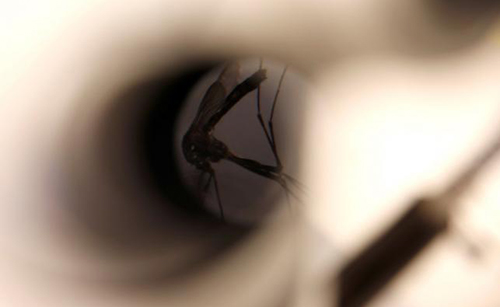US closer to testing engineered mosquitoes that could fight Zika

CALIFORNIA – US health regulators have cleared the way for a trial of genetically modified mosquitoes in Florida that can reduce mosquito populations, potentially offering a new tool to fight the local spread of Zika and other viruses.
The US. Food and Drug Administration said on Friday that a field trial testing Intrexon Corp's (XON.N) genetically engineered mosquitoes would not have a significant impact on the environment. The announcement came as Florida officials grapple with the first cases of local Zika transmission in the continental United States.
Florida health authorities have identified 16 Zika cases spread by local mosquitoes and are ramping up aerial pesticide spraying of a Miami neighborhood where all of the people are believed to have been infected.
Pregnant women are most at risk from Zika, which can cause a rare birth defect in fetuses called microcephaly. The Zika outbreak was first detected last year in Brazil and has spread rapidly in the Americas, primarily through mosquito bite.
Intrexon's Oxitec unit has been working for years to kick off a trial in the Florida Keys to assess the effectiveness of its mosquitoes to reduce levels of the insects that carry diseases, including Zika, dengue, Yellow Fever and chikungunya.
The Oxitec method involves inserting an engineered gene into male Aedes aegypti mosquitoes. When they mate with female mosquitoes in the wild, they produce offspring that cannot survive to adulthood.
The FDA has been reviewing Oxitec's application for use of its technology as an investigational new animal drug. Its environmental assessment helps clear the way for the company to begin a clinical trial in Key Haven, Florida that would test whether the genetically modified mosquitoes will suppress the wild populations over time.







